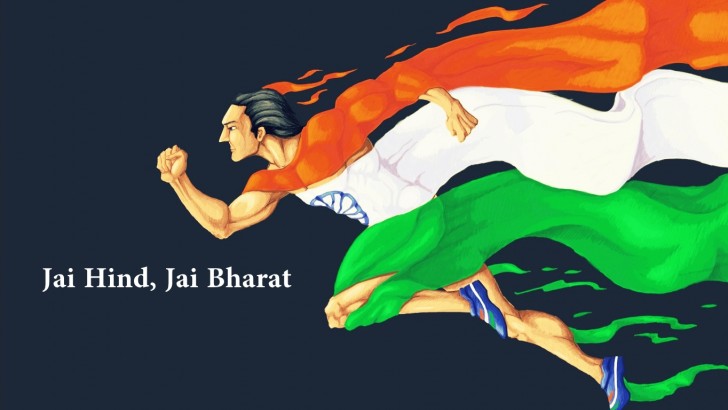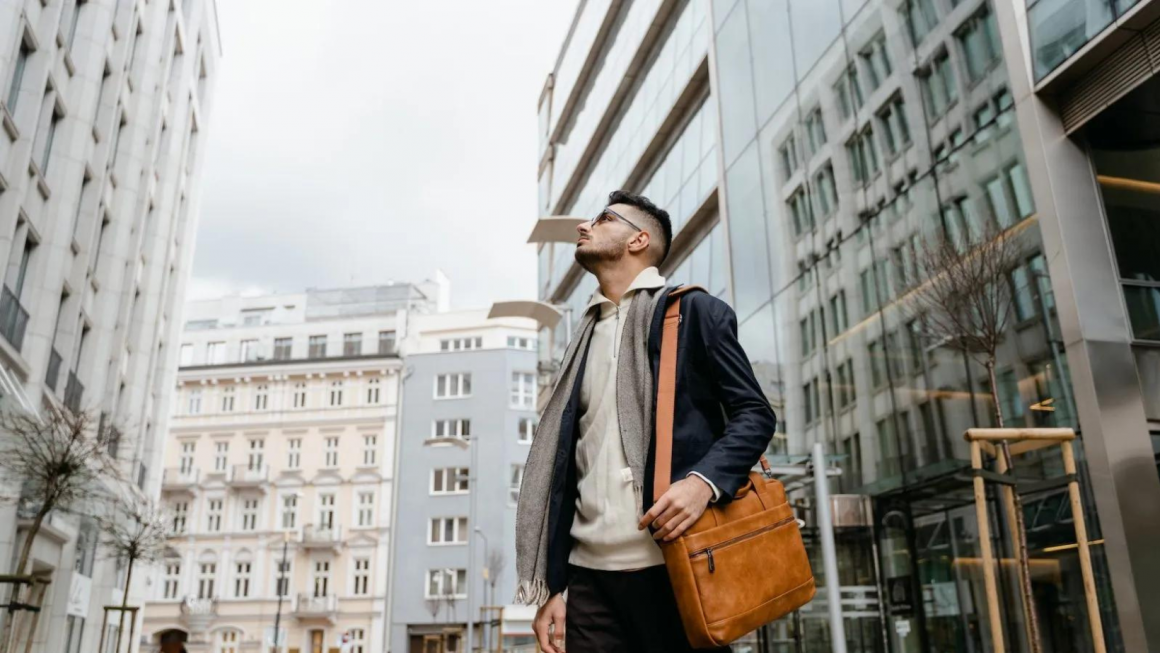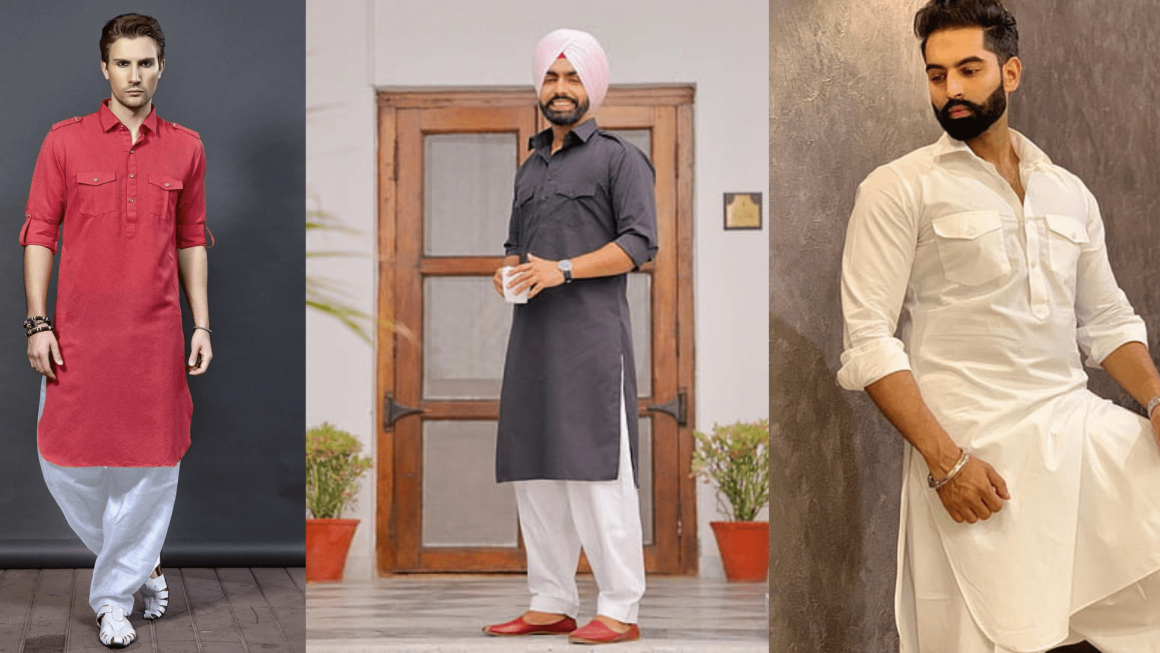India is the largest democratic country in the world with the longest written constitution in the world. India is going to celebrate its 75th Independence Day. India becomes a free and independent nation on 15 August 1947. Earlier in India Aryans, the Persians, Iranians, Parses, and Mughals visited and were invaded by Mongolians. After that Britishers came there to rule over the country. They ruled there for nearly 200 years. This forced the Indians to struggle for freedom. The struggle for freedom took 90 years for the country to regain its independence. Hundreds of freedom fighters lost their life and family for sake of independence. After the long struggle of freedom fighters finally, India got freedom in 1947. There are the 10 greatest freedom fighters who are the main heroes of our independent nation.
1. Mahatma Gandhi
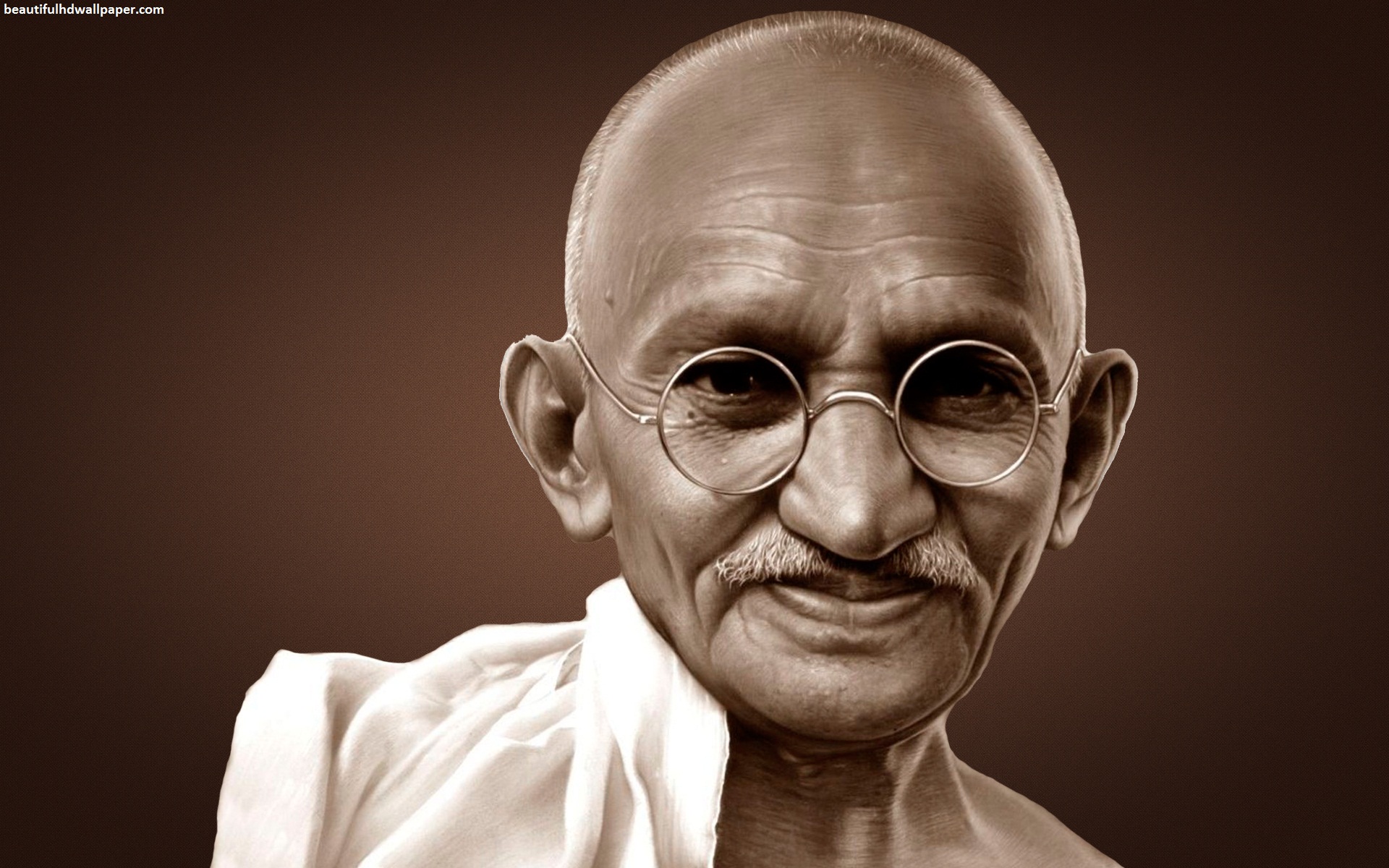
Mahatma Gandhi (Mohandas Karamchand Gandhi) was the leader of the Indian independence movement against British rule. He was the main Hero of India’s Independence. Employing nonviolent civil disobedience, Gandhi led India to independence and inspired movements for civil rights and freedom across the world. He is also known as the father of the nation. He was born on 2 October 1869 in Porbandar. He gets the name Mahatma due to his unforgettable work for the country and mankind. His two weapons Swaraj and Satyagraha went viral and are been still thought of in many universities. There are more than 30 books written on this great personality.
His famous quotes are:
You must be the change you wish to see in the world.
The weak can never forgive. Forgiveness is the attribute of the strong.
Happiness is when what you think, what you say, and what you do are in harmony.
2. Shaheed Bhagat Singh
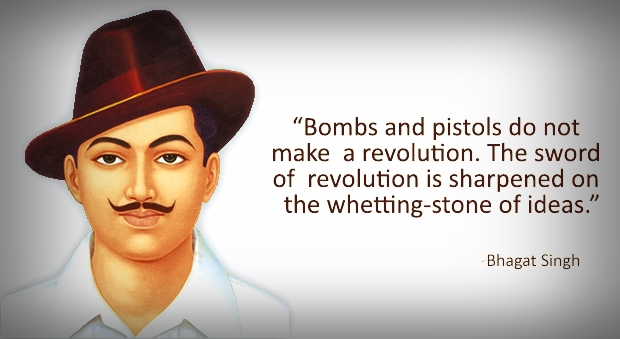
Shaheed Bhagat Singh was an Indian revolutionary, who played an important and unforgettable role in the Indian independence movement. He was Born on 28 September 1907, in Banga (Pakistan). When we think about all the martyrs who gave away their life for the pride and honor of their motherland then we always remember the brave “Shaheed” Bhagat Singh. From seeking revenge on Lala Lajpat Rai’s death and the Assembly bomb-throwing incident in 1929 to the 116 days fast in jail, Singh was not a believer in the Gandhian ideology of Satyagraha and non-violence. At the age of 23, Bhagat Singh was sentenced to death along with Rajguru and Sukhdev on 23 March 1931 in Lahore (Pakistan). The result of his death was the awakening for the youth of the nation which got committed to making India an Independent India.
3. Subhash Chandra Bose
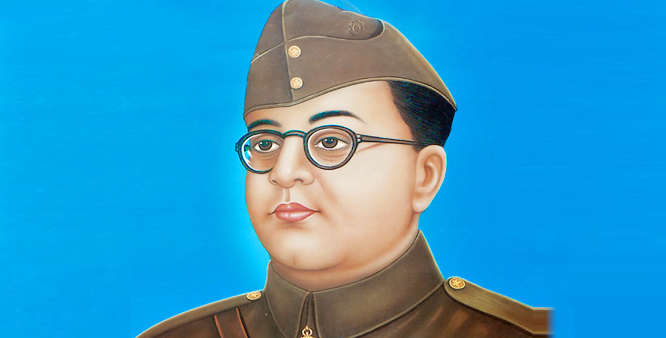
Another great freedom fighter was Subhash Chandra Bose who was the founder of the Indian National Army, a lot of popularly called “Azad Hind Fauj”. He was born on 23 January 1897, Cuttack, Subhash Chandra Bose was a believer in Swami Vivekananda’s teachings and had a nationalistic zeal as a student. throughout his days at Kolkata University, he had beat one of his British professors who created a racist remark over Indian students. Bose was a rebel and he joined the Indian National Congress and later became its president.
“Tum Mujhe Khoon Do, Main Tumhe Azadi Dunga” (You give me blood, and I promise you freedom). These are the ever famed words aforesaid by Netaji in his speech which motivated an oversized number of Indians to require up intense and heavy actions towards liberating their state from colonial powers.
4. Chandra Shekhar Azad
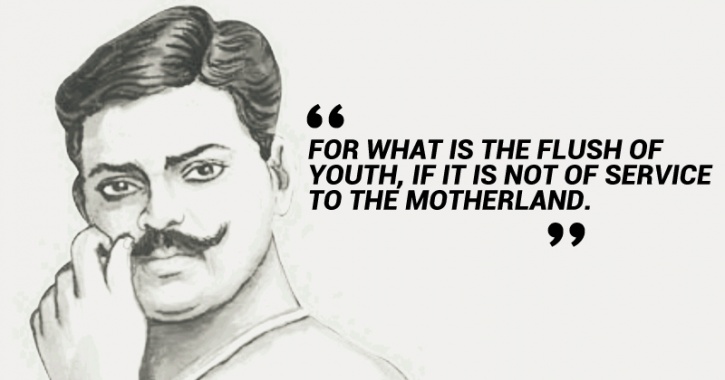
Another name of a freedom fighter is Chandra Shekhar Azad was an Indian revolutionary who sacrificed his life during India’s struggle for freedom. He was born on 23 July 1906 in Bhavra(Madhya Pradesh). He wants to build a new India based on socialist principles. He was a brave activist in Jhansi. He also worked with Shaheed Bhagat Singh. Like his name, he was an Azad freedom fighter. Where he died the name of the park is changed to Chandrashekhar Azad Park.
5. Jawaharlal Nehru

Jawaharlal Nehru is also known as Pandit Nehru. He was an important freedom fighter. He was born on 14 Nov 1889. He was the first Prime minister of Independent India. Nehru always loves children, therefore his birthday is celebrated as Children’s Day. He was a close relationship with Mahatma Gandhi.
6. Dr. Rajendra Prasad
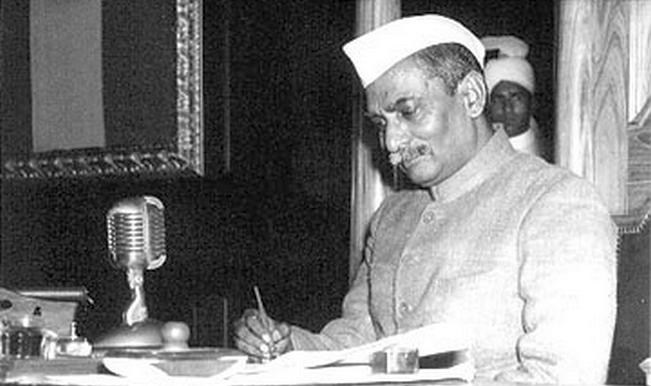
Dr. Rajendra Prasad was born on 3 December 1884. He was a great freedom fighter. He became the first president of India. He was a crucial leader of the Indian Independence Movement from the Bihar Region. He took an active role in helping the affected people during the 1914 floods that struck Bihar and Bengal. He died on 28, 1963.
7. Lal Bahadur Shastri
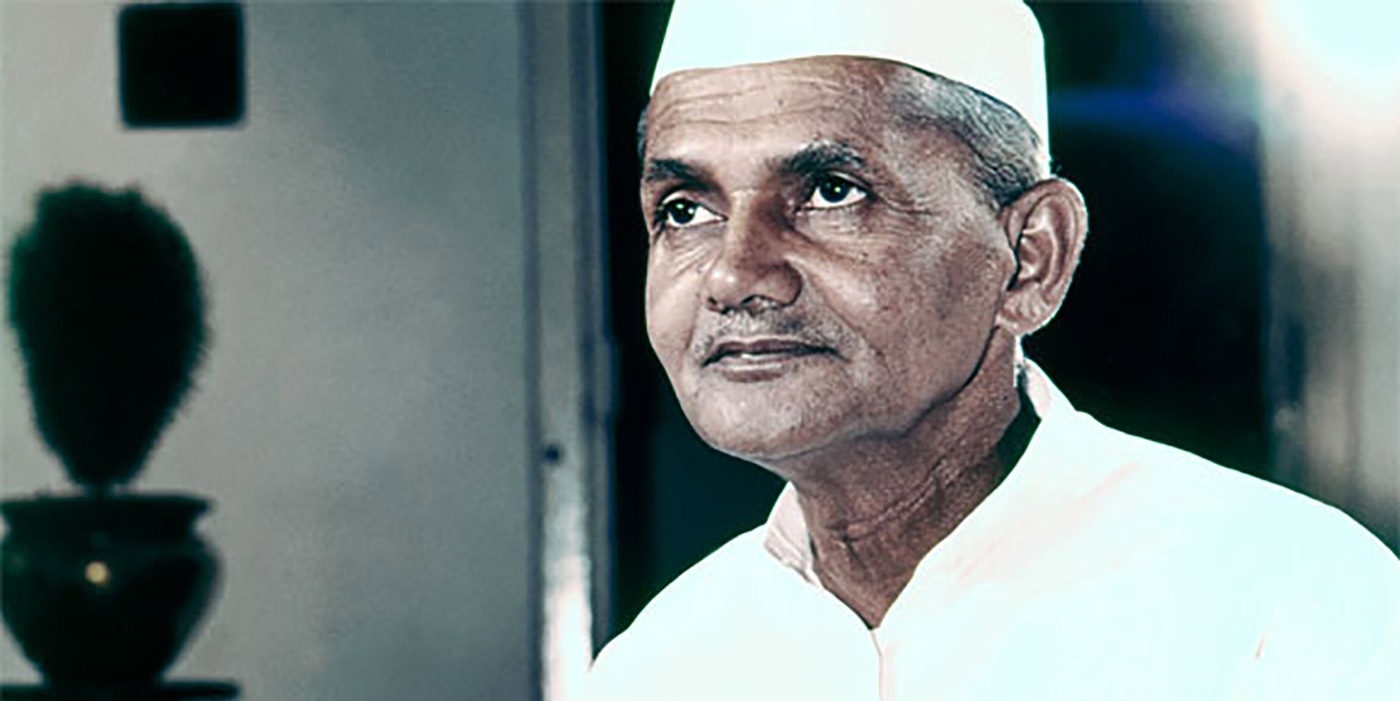
Another name is Lal Bahadur Shastri, he was the second Prime Minister of independent India. He took part in the non-cooperation movement of Mahatma Gandhi in 1921. He spent nine years in jail after the start of the Satyagraha movement in 1940. He was the first person to be posthumously awarded the Bharat Ratna and a memorial “Vijay Ghat” was built for him in Delhi. He died on Jan 11, 1966.
8. Bal Gangadhar Tilak
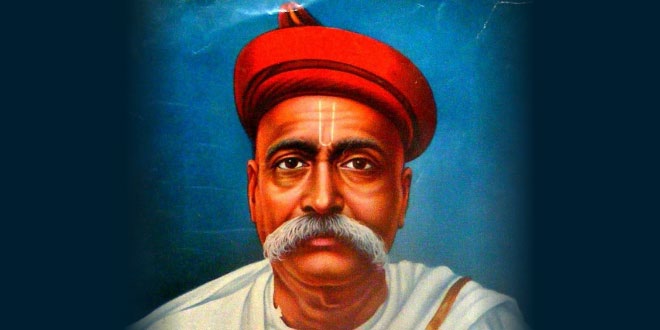
Bal Gangadhar Tilak was born 23 July 1856. He was an Indian nationalist, teacher, social reformer, lawyer, and independence activist. He was the first leader of the Indian Independence Movement. The British called him the Father of the Indian unrest. He is known for his quote “Swarajya is my birthright and I shall have it!”. Before Gandhi, he was the most widely known Indian political leader. He died on 1 August 1920.
9. Sardar Vallabhbhai Patel
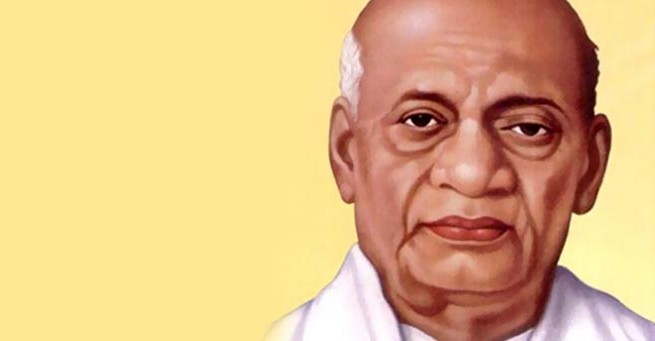
He was born on Oct 31, 1875. He was was a major political and social leader of India. He played a leading role in the struggle for the Independence of India. He supported Gandhi’s Non-Cooperation movement and toured the state to recruit more than 300,000 members and raise over Rs. 1.5 million in funds. When Mahatma Gandhi Ji was in Jail then he played a lead role in satyagraha in Nagpur in 1923. As the first home minister, he played a key role in the integration of the princely states into the Indian Federation. He is known as the man who united India. He died on Dec 15, 1950.
10. Gopal Krishna Gokhale
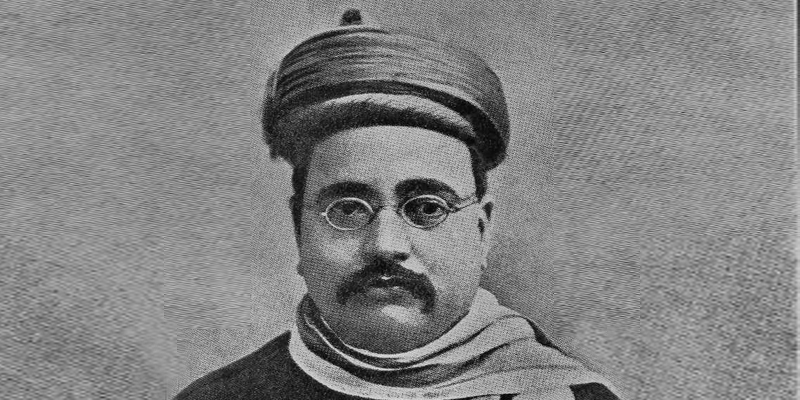
Gopal Krishna Gokhale was born on 9 May 1866. He was the social and political leaders during the Indian Independence Movement against the British Empire in India. He fought for decades to obtain greater political representation and power over public affairs for common Indians. He wrote that “The Servants of India Society will train men prepared to devote their lives to the cause of country in a religious spirit, and will seek to promote, by all constitutional means, the national interests of the Indian people. He was not primarily concerned with independence but rather with social reform; he believed such reform would be best achieved by working within existing British government institutions. He died on 19 February 1915.

